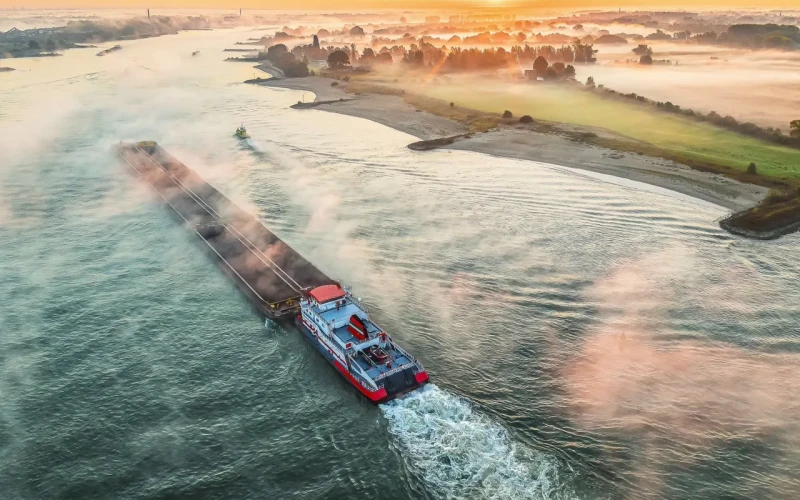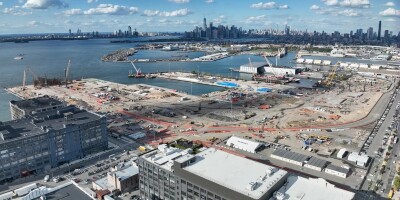thyssenkrupp Veerhaven (tV), a Dutch logistics subsidiary of thyssenkrupp Steel Europe, has commissioned two specialized design offices to develop a climate-friendly pusher tug, marking a significant step in its fleet renewal strategy.
The company plans to replace its push tug fleet with environmentally friendly models that utilize alternative fuels, such as methanol. tV projects they will reduce their CO2 emissions by approximately 80% compared to traditional fossil fuels. In addition to emission reduction, the future tugs will be optimized for navigating the Rhine River, particularly in periods of low water levels.
Rather than directly commissioning shipyards for construction, the company is working with designers to develop three distinct designs. These designs include reference vessels, low-water push boats with Stage V propulsion methods, and dual-fuel/methanol-capable variants.
Following the evaluation of these designs for technological and economic feasibility, thyssenkrupp Veerhaven plans to proceed with ordering the first "pusher tug of the future."
In a statement, Frank Tazelaar, tV CEO, spoke to the initiative by noting the absence of large pusher tugs running on environmentally friendly fuels like methanol. He sees this transition as an opportunity for thyssenkrupp Veerhaven to lead the way in adopting innovative technologies that significantly reduce their carbon footprint. The move towards a climate-friendly fleet aligns with thyssenkrupp Steel's broader decarbonization goals, the statement noted. As part of its efforts to minimize Scope 3 emissions, thyssenkrupp Steel collaborates with partners like lime manufacturer Lhoist Germany and utilizes climate-friendly services offered by DB Cargo.





